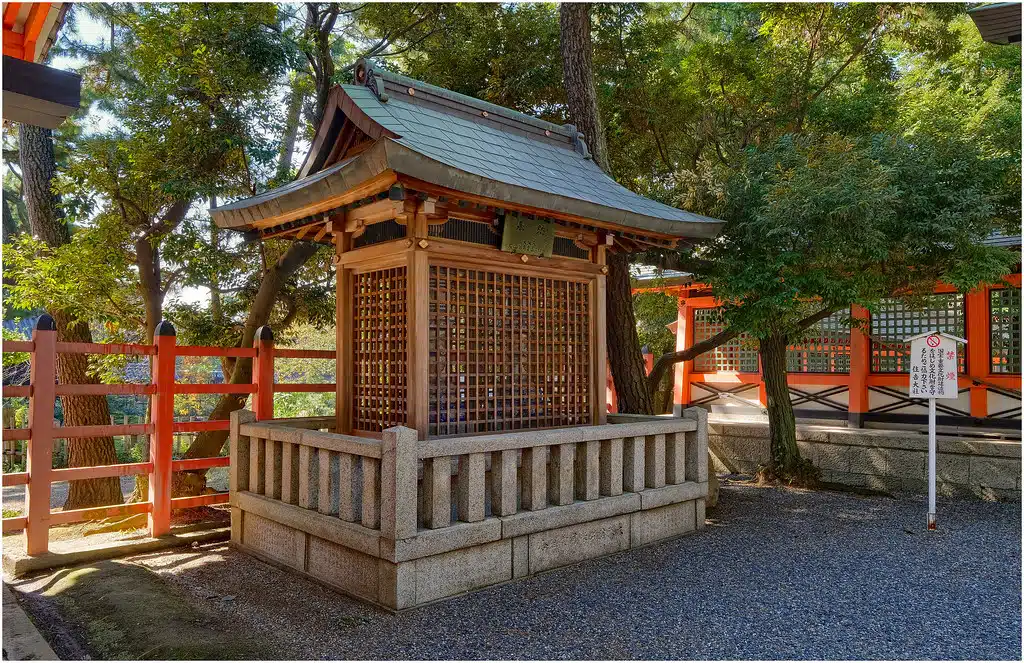Posted inQuestion about Japan
How many hours is full-time in Japan?
This article provides an overview of what full-time work in Japan entails, including the hours and days required for full-time work, overtime requirements, benefits and challenges associated with working full-time in Japan, and tips for finding a job. Working full-time in Japan offers job security, career development opportunities, social benefits, financial stability and job satisfaction but also involves long working hours, stress levels high enough limit one's ability balance life/work balance effectively , limited holiday allowance , lack of flexibility regarding leave/schedule changes , low wages due lack negotiation power. To find success when looking for employment as a permanent worker one must research industries , network both online/offline , create effective resumes/cover letters , prepare themselves interviews/tests & remain patient&persistent.









